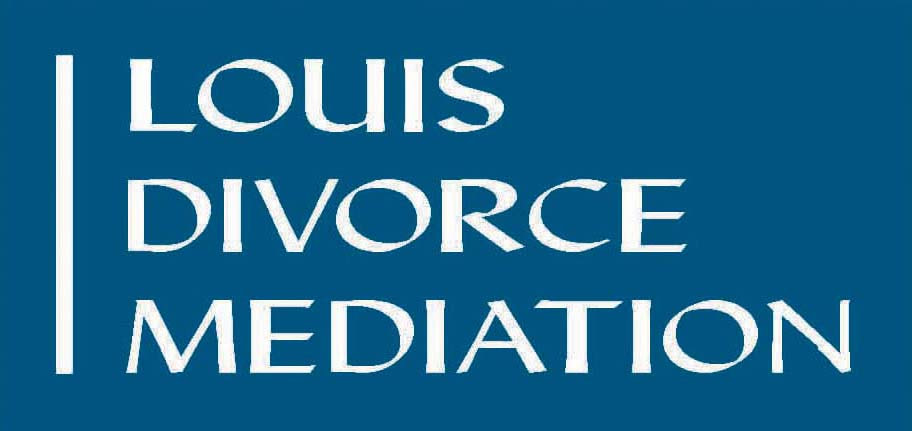Louis Divorce Mediation ~ Online and In-Person Mediation in Chicago
|
In our best version of ourselves, we can be not only self-aware, but also prepared to listen carefully in a non-judgmental way to what others are saying. In conflict situations, however, it’s a significant challenge to be at our best and be open to what others are communicating.
When a marriage is ending, the roots lie in conflict between the spouses. In some cases, that conflict can be extreme, including abusive behavior and actions. More often, difficulty exists in a more subtle yet significant form between clients I work with as a divorce mediator. As I learn from those who have studied and written about conflict theory, I am recognizing my own reactions. When I find myself in a conflict situation, my behavior is shaped by a defensive response to what I am hearing, interpreting it as a threat to something that matters to me. I respond with defensive statements; often this will set off the same triggers in the other person. This cycle is a major barrier to meaningful communication. Using this knowledge, I am deepening my own understanding of what impedes your engaging in meaningful dialogue that will support making the important decisions surrounding your divorce. The mediation process creates a unique opportunity for a conversation in which I can help you understand each other better and avoid the possibility of mistakenly interpreting the behavior of your spouse as a threat to what is important to you. Most are looking to find the quickest and easiest path to ending a marriage, but the enormity of the decisions plus underlying conflict may obstruct this goal. The mediation process creates a unique opportunity for a conversation in which I can help you understand each other better and avoid the possibility of mistakenly interpreting the behavior of your spouse as a threat to what is important to you. By exploring what matters to you and how you see this being challenged, you are available to a deeper conversation in which there will be less need to defend and more chance to acknowledge each other’s priorities. Then you can address the gap between the message intended by the speaker and the message heard by the listener. Listening can be hard. The mediator’s job is not only to be a good listener, but also to help clear the roadblocks so that you are a better listener. With listening and understanding, the foundation is set for progress.
0 Comments
Leave a Reply. |
Categories |
David Louis, MPA, CDFA® • Louis Mediation Services - Chicago
|
Chicago Office: 1700 W Irving Park Rd., Suite 105, Chicago, IL 60613
Northbrook Office: 555 Skokie Blvd., Suite 500, Northbrook, IL 60062 |
Copyright © 2024


 RSS Feed
RSS Feed